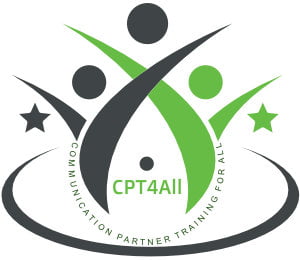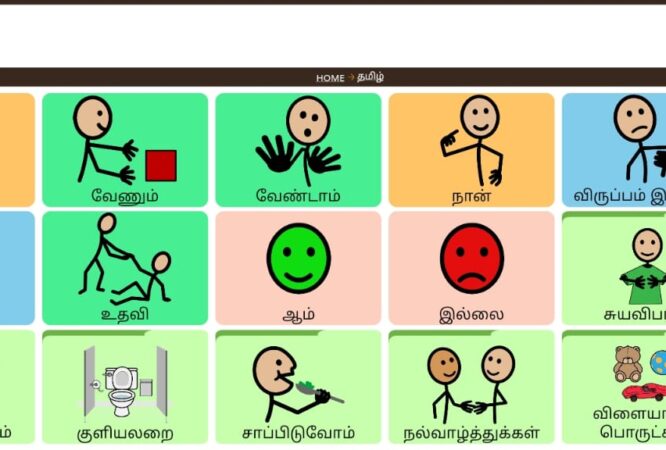RAAP strategy – Read, Ask, Answer, Prompt Strategy
This course consists of six modules that need to be completed.
Introduction
Read, Ask, Answer, Prompt (RAAP) is an evidence based storybook reading instructional model that uses a least-to-most prompting procedure to teach language support strategies to communication partners (Kent-Walsh, Binger, & Malani, 2010).
The steps of the RAAP strategy are as follows.
- Reading a page of the storybook (R)
- Asking a question related to the page (A)
- Answering the question (A)
- Prompting the child to respond (P)
It incorporates five naturalistic language support strategies;
- AAC modelling,
- expectant pausing
- asking open-ended questions
- providing verbal prompts and linguistic expansions (Binger et al., 2010)
The strategies are sequenced into a least-to-most prompting procedure where the communication partner reads a page in the book (R), asks a question (A), answers the question (A) and verbally prompts the child (P), to encourage turn-taking during structured activities (Kent-walsh & Binger, 2013). RAAP strategy has displayed promising effects on parent strategy use during instructional programs and has improved the communication skills of children who use AAC during shared book reading activities (Dodge-Chin et al., 2022).
Target skills
As recommended in the ImpAACt program, the proposed intervention targets to improve the following skills of the participants.
- Aided AAC modeling – Participants’ ability to demonstrate to the child how to use the AAC system effectively
- Expectant delay – Participants’ ability to provide additional processing time to the child to communicate
- WH question asking – Participants’ ability to ask open ended questions from the child
- Verbal prompting – Participants’ ability to provide direct indication of what the child should do
- Contingent responding – Participants’ ability to reinforce the child’s communicative attempts
Beneficiaries
Sinhala speaking,
- Parents
- Speech & Language therapists
- Special education teachers
- Primary school teachers

Courses you might be interested in
-
7 Lessons
-
27 Lessons




